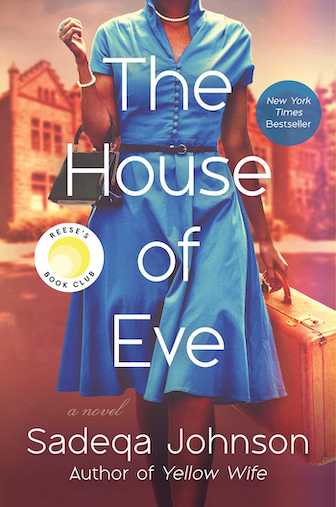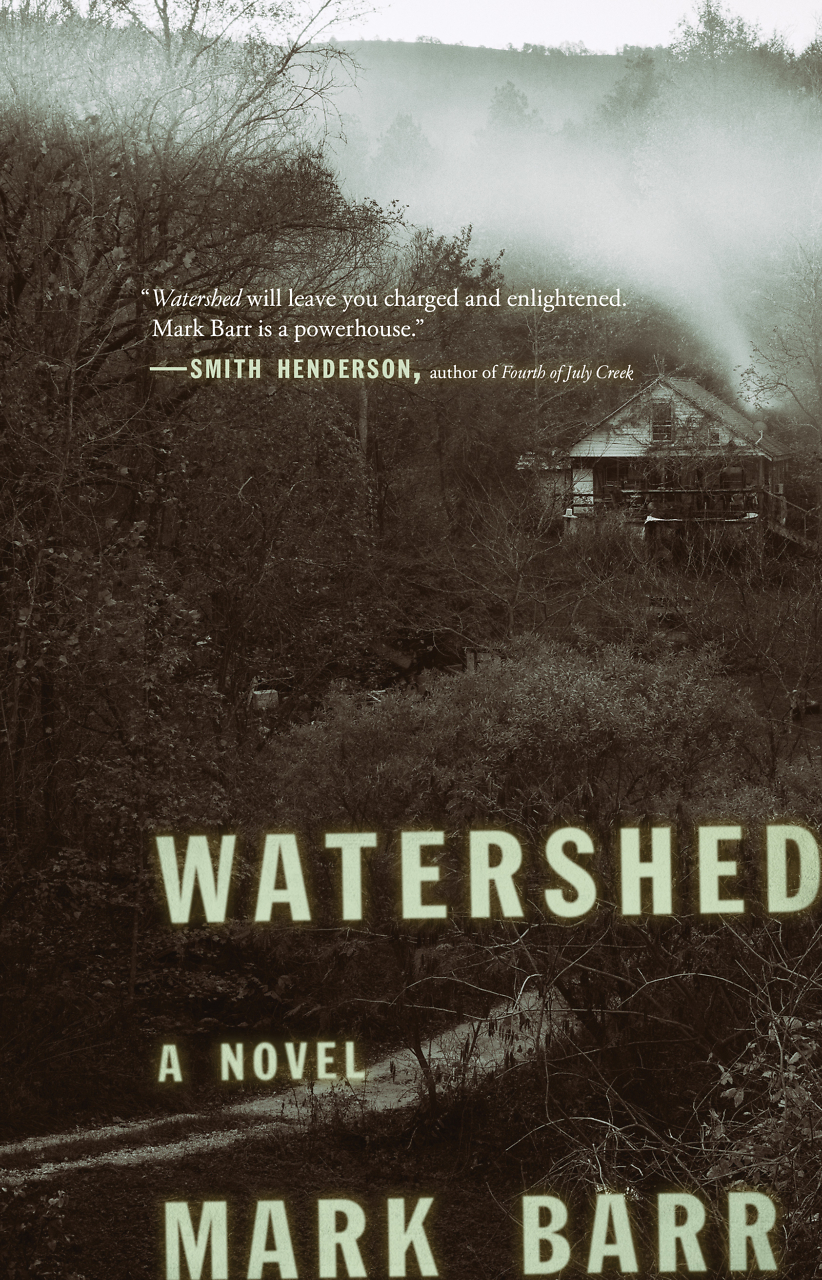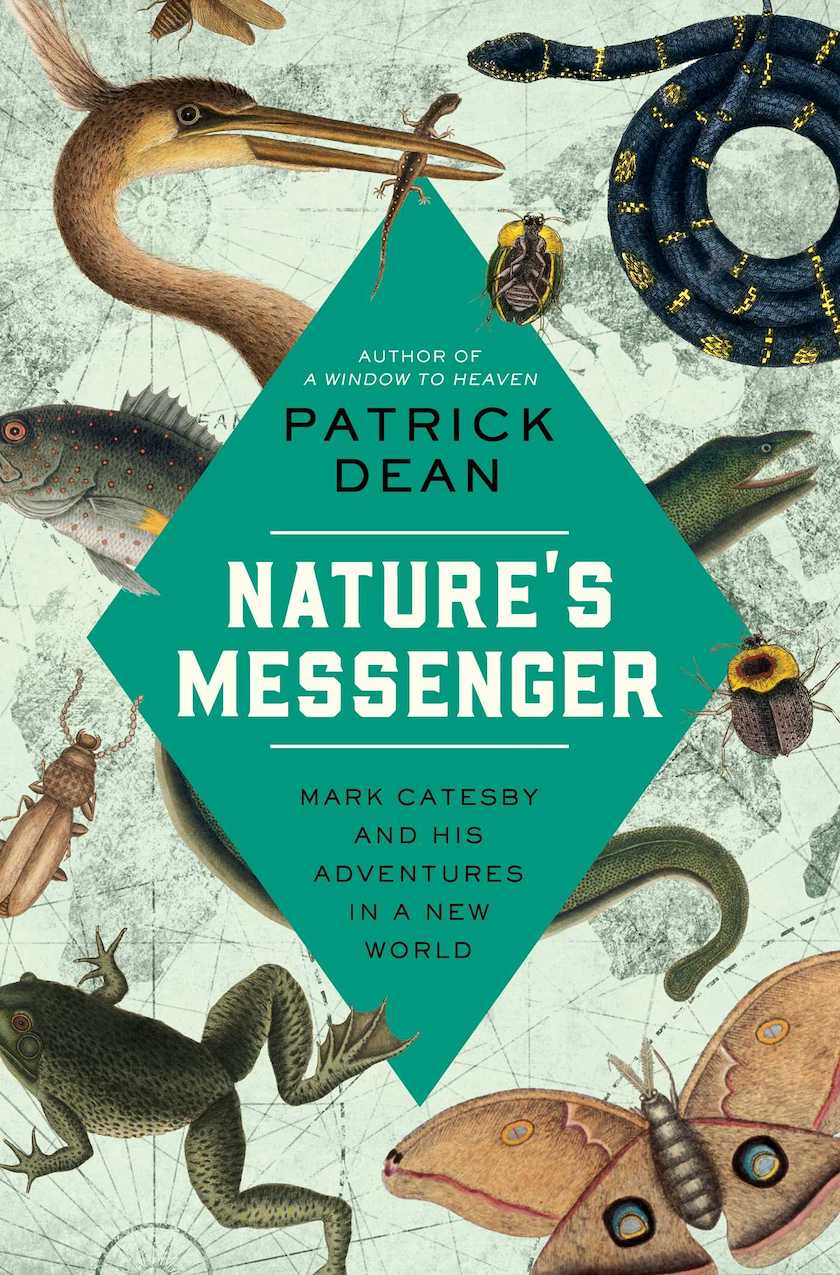My Work is Done
In Luis Alberto Urrea’s The House of Broken Angels, a dying patriarch gathers his family
Miguel “Big Angel” de la Cruz is running out of time. The protagonist of Luis Alberto Urrea’s The House of Broken Angels hopes to make peace with his family before he dies, but his days on earth are nearing their end. Propitiously, his mother passes away the week before he turns seventy, so Big Angel combines her funeral and his birthday into one celebration. Set in San Diego over a single weekend, with flashbacks to the family’s complicated journey from Mexico, Urrea’s novel testifies to the power of family, however splintered, to make us feel whole.
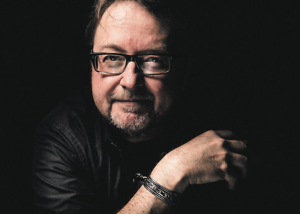
Without the dual fiesta, Big Angel’s family would not reunite in his lifetime. Most of his siblings, children, and in-laws live in the San Diego area, but Big Angel is keen to see his younger brother, “Little Angel,” and his own estranged stepson, Yndio. They have reasons to feel like outsiders. Little Angel, the product of their father’s later marriage to a “gringa hussy,” is a literature professor in Seattle, comfortable in his solitary life and ambivalent about re-joining the de la Cruz chaos. Yndio, despite his muscular physique, does not conform to Big Angel’s ideal of masculinity. A “non-cisgendered, non-heteronormative cultural liberation warrior,” Yndio hasn’t spoken to Big Angel for a decade. The patriarch, dying of metastatic cancer, hopes his last cumpleaños will give him opportunities to reconcile with both.
Urrea captures the complex dynamics of extended families, the way they nurture love but also kindle resentments. Big Angel’s identity has been fired in the crucible of his family, for better and worse. His father, Antonio, a motorcycle cop in La Paz, established a blueprint for manhood that Big Angel accepts unquestioningly. Though he chooses not to imitate Antonio’s disastrous womanizing, Big Angel wants the same respect and admiration: “That was all Big Angel ever wanted—to inspire awe.”
The House of Broken Angels offers a timely vantage for considering the issue of immigration. Urrea’s previous novels, including the spectacular The Hummingbird’s Daughter (2005), portray the border as a region of continual crossings, with families on both sides of national lines. In the new novel, Big Angel points out that his grandfather settled in southern California before World War I, until they were swept up, Urrea writes, “in the great wave of deportations of 1932, joining two million mestizos rounded up and sent across the line in boxcars. The United States has apparently grown weary of hunting down and deporting Chinese people for the moment.”
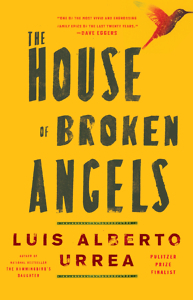 Urrea’s generational story emphasizes the sacrifices necessary for immigrants to achieve the American dream. Big Angel works for decades to earn his green card and later citizenship. He takes on multiple jobs to improve his circumstances. He refuses to accept welfare, even when he struggles to feed his growing family, and feels proud when two of his sons join the U.S. military. He takes comfort in thinking that he has positioned his offspring to step up the American social ladder. That they have not advanced is one of the disappointments Big Angel must make peace with in his final days.
Urrea’s generational story emphasizes the sacrifices necessary for immigrants to achieve the American dream. Big Angel works for decades to earn his green card and later citizenship. He takes on multiple jobs to improve his circumstances. He refuses to accept welfare, even when he struggles to feed his growing family, and feels proud when two of his sons join the U.S. military. He takes comfort in thinking that he has positioned his offspring to step up the American social ladder. That they have not advanced is one of the disappointments Big Angel must make peace with in his final days.
The various members of the de la Cruz family present a spectrum of attitudes toward their Mexican heritage. Members of Big Angel’s generation uphold cultural traditions, but grudgingly; they speak Spanish among themselves but don’t insist that their children learn it. Their thoroughly Americanized grandchildren, natives to San Diego’s mainstream culture, speak English like surfers and consider Mexico a foreign civilization. “These children are so stupid,” Big Angel thinks; “they think they are the first to discover the world.”
The House of Broken Angels is suffused with death, from the opening pages to its stirring climax. Big Angel prepares for death as he has prepared for all of life’s challenges—systematically. “He was taking inventory—in his mind, a spreadsheet,” Urrea writes. Every day he repents of one sin and then moves it “to the other column marked PAID.” The imminence of death adds a melancholic air to Big Angel’s quotidian observations. “Everything on earth was filled with sorrow,” Big Angel thinks. “Little yellow weeds that broke through the tarmac made him feel weepy. The moon, like some paper cutout in the morning sky, overwhelmed him.” Most of the time, though, he accepts his fate with equanimity. “My work is done,” he tells his wife.
Urrea’s scenes move swiftly, and moments of recollected violence and tragedy transform into expressions of gratitude for survival. Structurally, this novel resembles Carlos Fuentes’s The Death of Artemio Cruz, another deathbed narrative of a Mexican patriarch looking back on his stormy life. But where Artemio Cruz recalls nothing but betrayals and losses, Big Angel de la Cruz’s deathbed is crowded with family, including his devoted wife Perla. “Families came apart and regrouped,” Perla thinks. “Like water. In this desert, families were the water.”

Sean Kinch grew up in Austin and attended Stanford. He earned a Ph.D. from the University of Texas. He now teaches English at Montgomery Bell Academy in Nashville.
